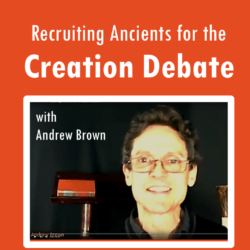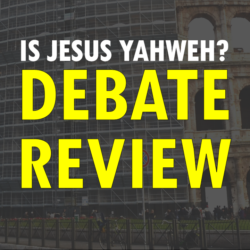Have you ever wondered about differences between the Gospels? Thinking Christians have employed a variety of strategies to explain them. In this debate, Mike Licona, author of Why Are There Differences in the Gospels, presents his theory that the differences are merely the result of compositional devices commonly employed by ancient biographers. Richard Howe offers a traditionalist criticism of Licona’s theory, affirming that it is possible to harmonize all of the differences together.
What’s your view on this sensitive subject? Do you have a third position not mentioned in this debate? I’m interested in getting all of the options on the table. Please add your thoughts below.







Sean,
Regarding the centurion accounts in Lk 7 and Mt 8, I see them as a prime illustration of the Jewish understanding of agency. Mt sees the centurion coming to Jesus through his representatives and doesn’t bother to flesh out the whole story. Regarding the Temple and the fig tree, neither of the two debaters could actually say if Mt actually said events happened on a different day. It was a rather frustrating discussion because they never got down to the actual text to let us know exactly what was written. Whether God said “You are my beloved Son” or “This is my beloved Son does not need to be harmonized by positing that God said both. One writer could be writing “direct quotation”: God said, “You are my beloved Son,” and another writer could be giving a more a less verbatim account that God said about Jesus “This is my beloved Son”. The two men discussing were not really very far apart. I don’t think that God’s promise to bring remembrance to the apostles meant verbatim word-for-word. But I do think within the parameters of various modes of speech we can expect scriptures to always tell the truth.